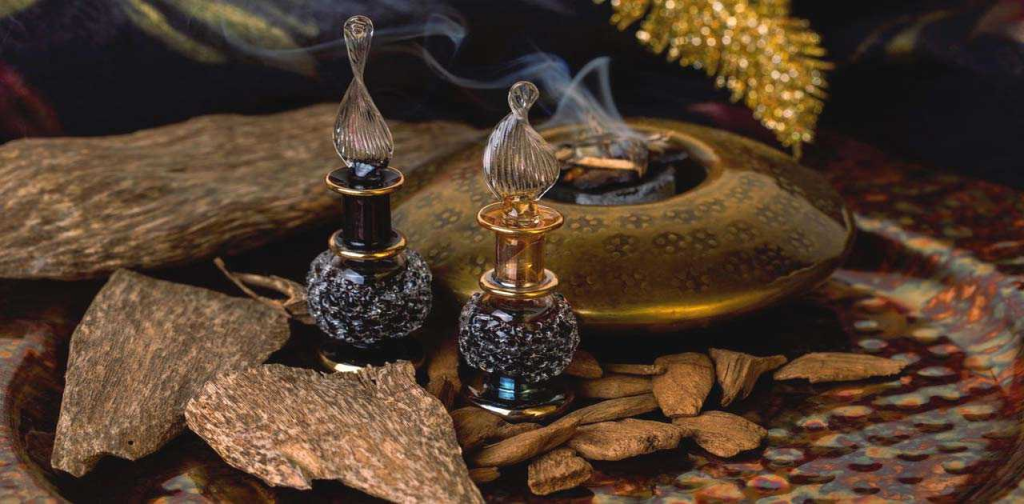The world of perfumery is full of numerous scents and aromas, each with its possess special history to tell. Among the numerous traditions of perfume-making, Arabic perfumery stands out as a interesting and amazing artwork form. Rooted in ancient civilizations, Arabic perfumes have a rich history that continues to enthrall scent lovers worldwide. In this informative article, we will set about a fragrant trip to examine the draw of Arabic perfumes, delving to their record, ingredients, quality, and the ethnic significance they hold.
A Fresh Heritage: Arabic perfumery has serious historical sources, dating straight back thousands of decades to old civilizations such as for example Mesopotamia, Egypt, and the Arabian Peninsula. Scents were a built-in part of the day-to-day lives, used for religious rituals, particular adornment, and even as status symbols. These old countries grown a profound comprehension of botanicals, spices, and resins, which offered as the foundation for the aromas we know today.
Organic Ingredients and Fragrant Blends: One of the unique options that come with Arabic scents is their dependence on normal ingredients. The perfumers meticulously pick and mix precious botanicals, such as for example oud, rose, jasmine, saffron, designer, and sandalwood, to create unified and interesting compositions. Oud, a resinous wood derived from the agarwood tree, holds a particular invest Arabic perfumery, noted for its strong, woody, and smoky scent. These lavish substances are carefully combined to achieve a harmony between the records, leading to complex and appealing fragrances.

Craftsmanship and Art: Arabic perfumers are considered as true artisans, dedicated to the painstaking hobby of perfume-making. Passed on through years, their methods and information have already been preserved and enhanced around time. The generation of Arabic scents often involves traditional practices, such as for example maceration, distillation, and enfleurage. Perfumers patiently extract the fundamental oils from flowers, woods, and different botanicals, ensuring the greatest quality and acquiring the fact of each ingredient. The blending process needs precision and creativity, as competent perfumers cautiously combine the different oils to produce scents that evoke emotions, memories, and an expression of luxury.
Ethnic Significance and Symbolism: Arabic scents hold significant cultural and symbolic price in the Middle Western and North African-american regions. They’re an intrinsic element of celebrations, weddings, and spiritual ceremonies. Fragrance sometimes appears as a reflection of hospitality and generosity, with the behave of offering a aroma to visitors considered an indicator of recognition and respect. Furthermore, scents may play a role in particular grooming and self-expression, as persons select smells that resonate making use of their celebrities and increase their aura.
The International Effect: Lately, the allure of Arabic perfumes has transcended boundaries, fascinating perfume enthusiasts Marabika. The initial olfactory activities and the wealthy national heritage related with these scents have garnered global acclaim. Fragrance connoisseurs look for the charming oud-based compositions, delicate flowered bouquets, and the Marabika wealth that Arabic scents offer.
Adopting Arabic Perfumes: To embrace the world of Arabic perfumes would be to immerse oneself in a journey that engages the senses and connects with the past. Whether it is the delicate craftsmanship, the 100 % natural ingredients, or the cultural symbolism, Arabic scents carry together a heritage of beauty and elegance. By discovering the soy traditions of Arabic perfumery, we can enjoy the artistry, craftsmanship, and the major energy of fragrance.
Realization: Arabic scents continue steadily to place their aromatic tapestry, captivating minds and thoughts using their marvelous compositions. Grounded in ancient traditions and elevated by qualified perfumers, these aromas enjoy the richness of 100 % natural ingredients and social heritage. To have the attraction of Arabic scents is to embark on a journey that transcends time and borders, welcoming people to participate in the sensorial pleasure of these fragrant treasures.